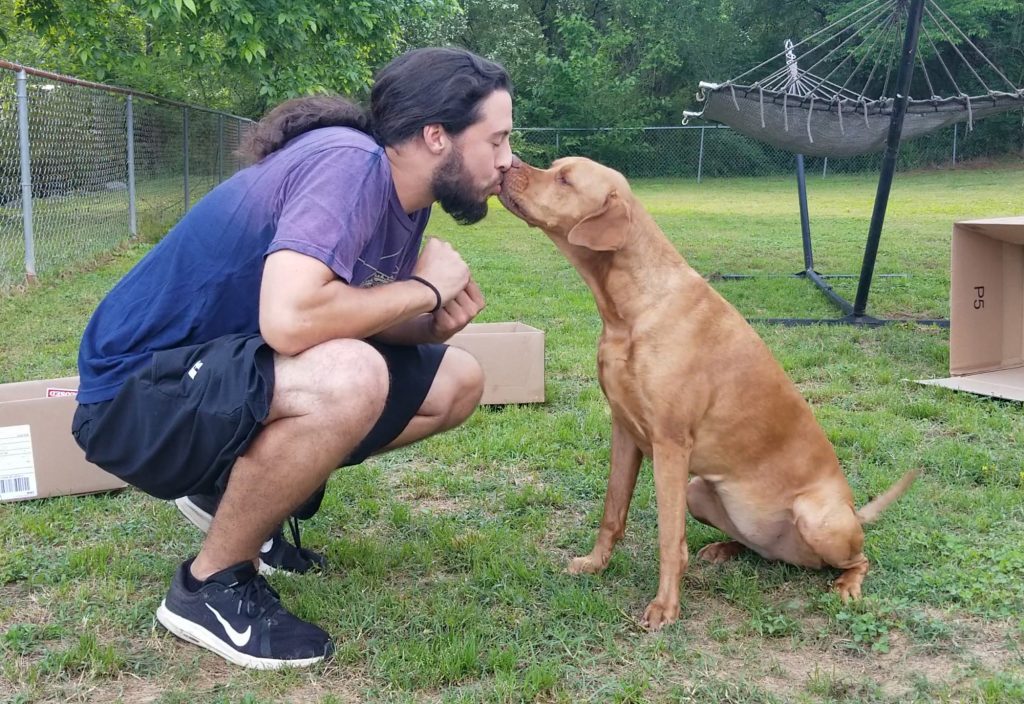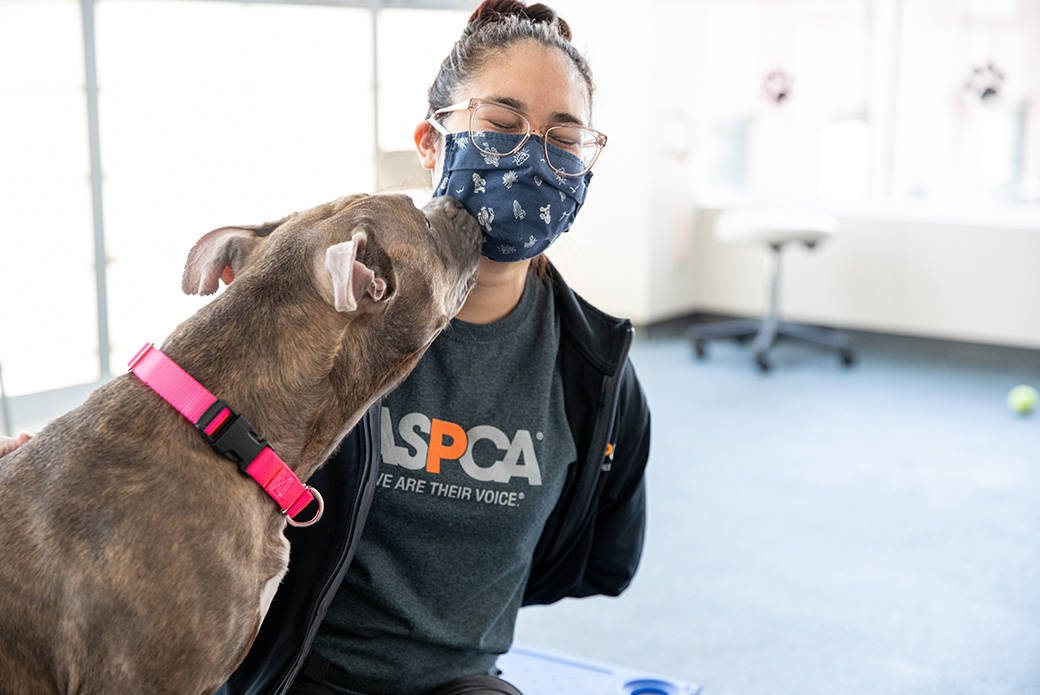1. Initial Adjustment Period
The initial adjustment period when bringing home a rescue dog can be both challenging and rewarding. It’s crucial to understand that rescue dogs may come with past trauma or unknown backgrounds, leading to behavioral issues that require patience and understanding. Building trust is key during this phase, as your new companion learns to feel safe and secure in their new environment.
2. Behavioral Issues and Trauma
Behavioral issues and trauma are common challenges faced when adopting a rescue dog. These issues can manifest in various ways, such as fearfulness, aggression, or separation anxiety. It is crucial for adopters to take a compassionate and patient approach when dealing with these behaviors, understanding that many rescue dogs have experienced neglect or abuse in their past.
Trauma can deeply impact a dog’s behavior and overall well-being. It is essential to work with a professional trainer or behaviorist who specializes in handling traumatized dogs to help them cope and learn new coping mechanisms. Building trust slowly over time through positive reinforcement techniques can be key in helping a rescue dog overcome their past experiences and adjust to their new home environment. By providing a stable and loving environment, adopters can make a significant difference in the life of a rescue dog recovering from trauma.
3. Training and Socialization Needs

When adopting a rescue dog, one of the key challenges that owners face is meeting their training and socialization needs. Many rescue dogs may have limited exposure to proper training or may have undergone traumatic experiences, making it essential for new owners to be patient and understanding during this process. It’s crucial to set aside dedicated time for consistent training sessions, focusing on positive reinforcement techniques to build trust and obedience in your furry companion.
Socialization is equally important for rescue dogs, as they may exhibit fear or anxiety in unfamiliar situations or around other animals. Gradually introducing them to different environments, people, and animals can help desensitize them and build confidence over time. Seeking guidance from professional trainers or behaviorists can provide valuable insights into addressing specific issues related to your rescue dog’s socialization needs. By investing time and effort into training and socialization, you can help your rescue dog adjust and thrive in their new home environment effectively.
4. Health Concerns and Medical Expenses
Health concerns and medical expenses are significant considerations when adopting a rescue dog. While rescuing a dog can be a rewarding experience, it’s important to be prepared for potential health issues that may arise. Rescue dogs often come from unknown backgrounds and may have underlying health conditions that require ongoing care and attention. This can result in unexpected medical expenses that adopters need to budget for.
5. Patience and Consistency in Care

Patience and consistency are non-negotiable virtues when it comes to caring for a rescue dog. It’s essential to understand that these dogs may come with their emotional scars and uncertainties, requiring understanding and a lot of time to build trust. Consistent routines, patient training sessions, and gentle encouragement can work wonders in helping your rescue pup feel safe and loved.
It’s easy to get discouraged when progress seems slow or setbacks occur, but remember that every small step forward is a victory worth celebrating. By demonstrating patience in moments of difficulty and remaining consistent in your care routine, you establish a sense of security that will ultimately help your rescue dog flourish. Your dedication will not only transform the life of your furry companion but also reflect the true essence of unconditional love and commitment in animal welfare.
6. Building Trust and Bonding
Building Trust and Bonding with a rescue dog can be a deeply rewarding experience, but it requires patience, consistency, and empathy. Remember that these dogs may have experienced trauma or neglect in the past, so it’s essential to create a safe and nurturing environment for them to feel secure. Allow your dog to set the pace for building trust, respecting their boundaries while gently encouraging socialization.

